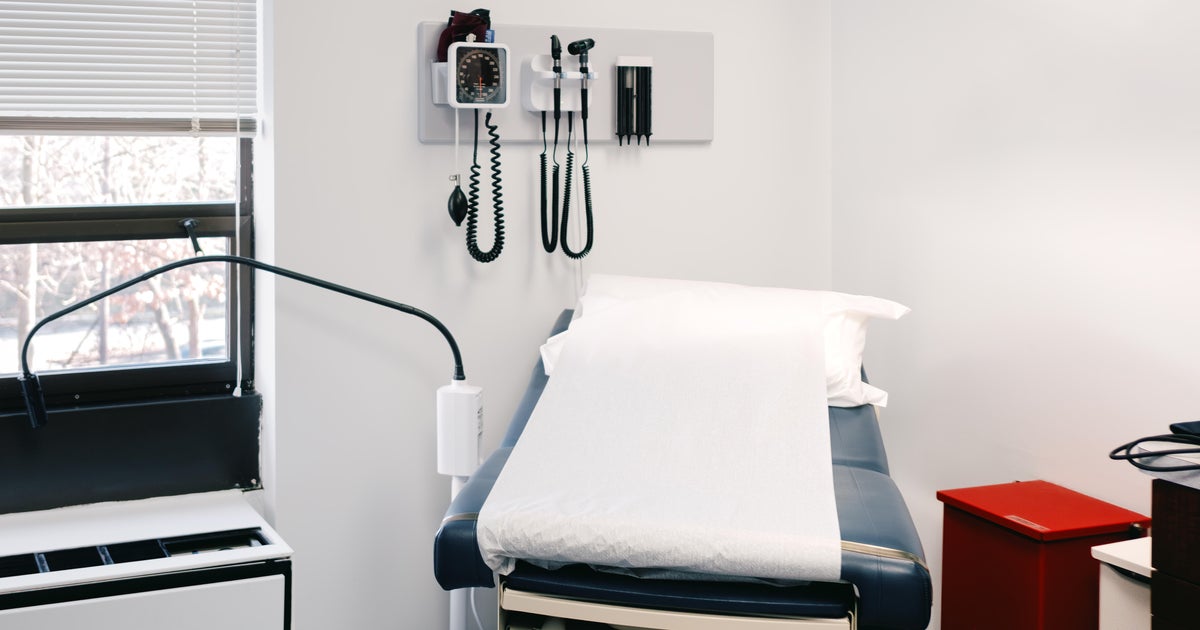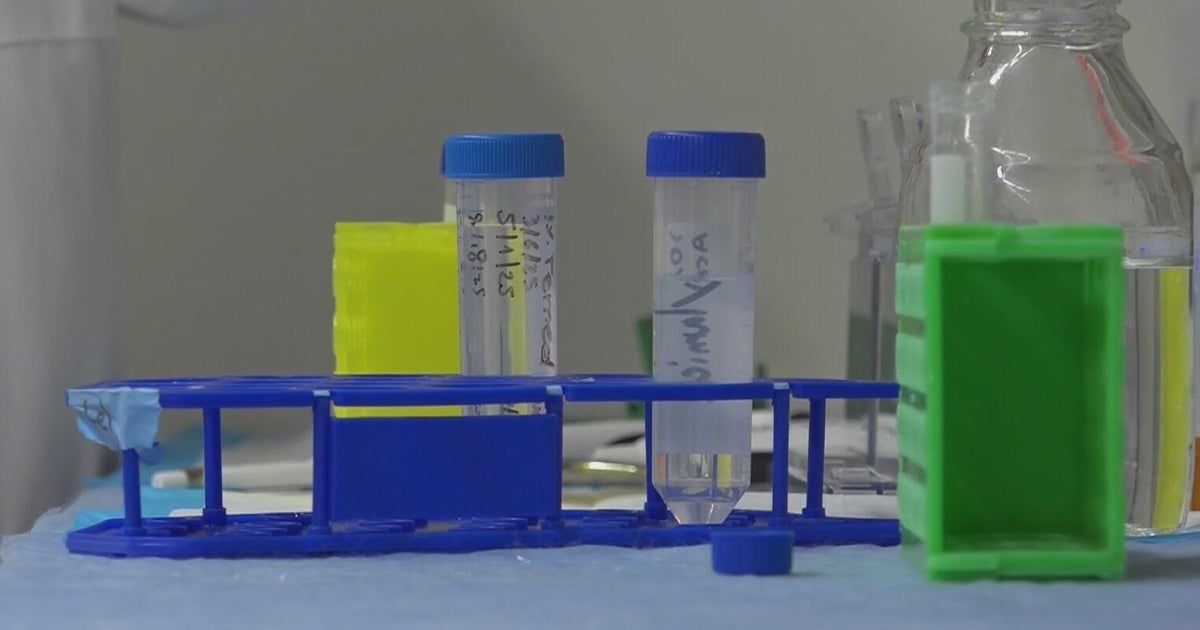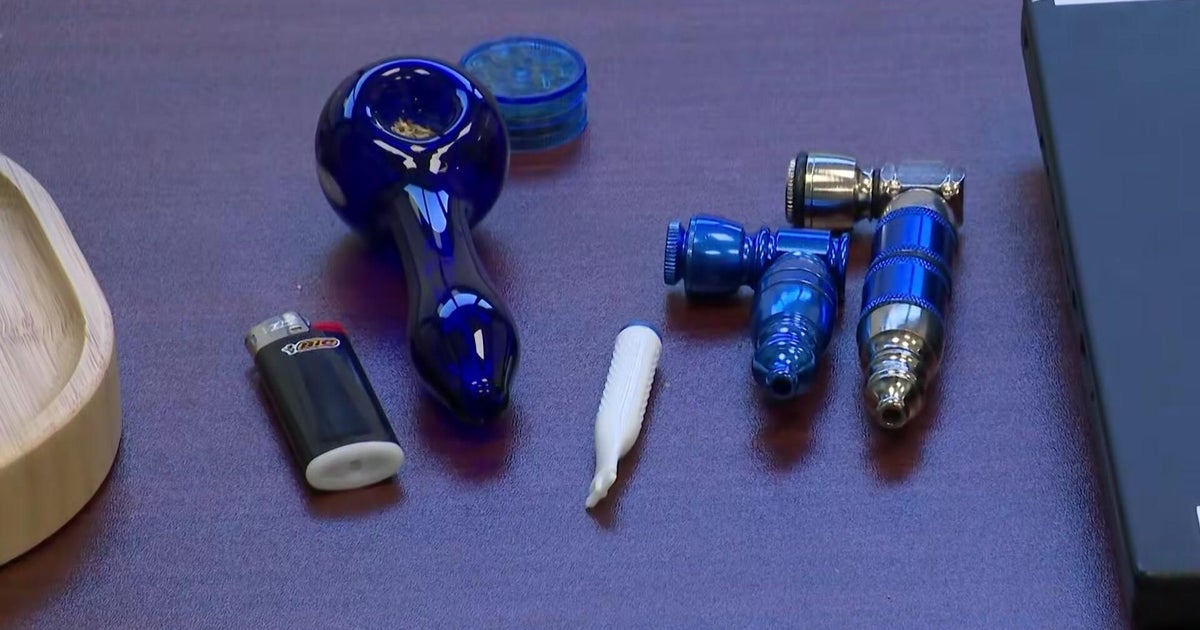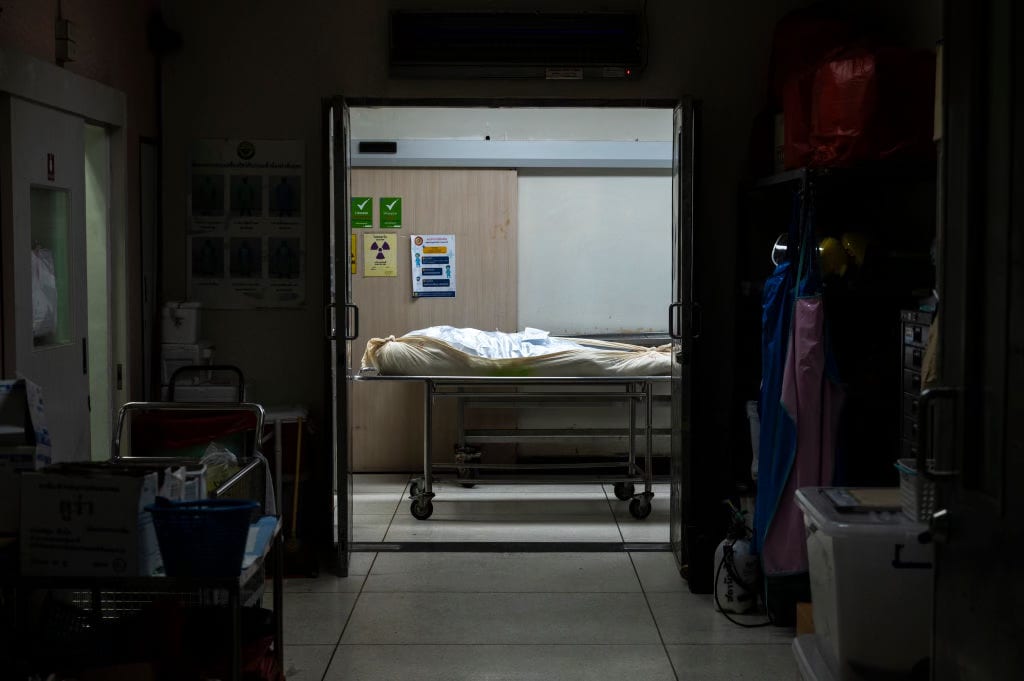New diabetes cases linked to COVID-19, and doctors are "working like crazy" to understand why
Preliminary studies show a possible link emerging between severe COVID-19 infections and new cases of diabetes in some patients.
Doctors have known for a while that people with diabetes are more at risk for severe illness from the coronavirus, but now scientists are working to determine if the virus can also lead some patients to develop new cases of diabetes. Research in the medical journal Diabetes, Obesity and Metabolism and other studies raise concerns that the relationship may go in both directions.
"Researchers are working like crazy to see if COVID attacks the beta cells of the pancreas, which makes insulin," pediatrician Dr. Dyan Hes said on CBSN Tuesday. "Some studies feel that they do, but other studies have been repeated saying it is not attracted to the beta cell. We still can't figure out why."
Nearly a year into the pandemic, effects of "long COVID" such as lasting respiratory complications and mild cognitive impairment have been documented in many patients, as have other neurological symptoms, blood clots, strokes, and heart and kidney damage. Analysis published in November 2020 found that out of 3,700 hospitalized patients across eight studies, as many as 14.4% were newly diagnosed with diabetes.
"As a pediatrician we have definitely been following cases of children who have had COVID or didn't even know they had COVID, but presented with Type 1 diabetes," Hes said.
Type 1 diabetes, she explained, is an autoimmune disease "where your body stops making insulin." Type 2 is "when your body is not responding to the insulin you have."
Doctors in Wuhan, China reported a link between COVID-19 and elevated blood sugar levels back in April 2020.
Hes noted there could potentially be a connection to the treatments some patients receive. "When you get treatment the hospital for super ill patients, they do get prednisone which also makes blood sugar rise. So is that contributing as well?"
Italian scientists also looked into whether these elevated blood sugar levels could lead to diabetes, acknowledging a previously understood link between long-term viral infections and the disorder. That study, published last May, acknowledged more research needed to be done before reaching a conclusion.
Hes said it was "not surprising" that a viral infection like COVID-19 could trigger Type I diabetes, but the medical backgrounds of those patients need to be studied. "We have to follow the patients and see did they actually have a family history of autoimmune or Type I diabetes, or was it just COVID? Was that the only risk factor?"
Leading diabetes scientists in the United Kingdom and Australia are establishing a global registry of coronavirus-related diabetes cases. In an article published in the New England Journal of Medicine, the researchers stated it was "plausible" that COVID-19's effects on the body's ability to metabolize glucose could either complicate existing insulin levels or create new issues, leading to the onset of diabetes.
Francesco Rubino, a diabetes surgery professor at King's College London, told the Washington Post that the registry had over 150 names already and garnered responses from more than 350 institutions around the world. Rubino and other researchers suggested that the worldwide study could "uncover novel mechanisms of disease."
Dr. Hes, who noted the studies were preliminary, acknowledged the apparent link but said more research was necessary to understand it.
"It's too soon to tell," she said. "We need huge numbers to predict this."



